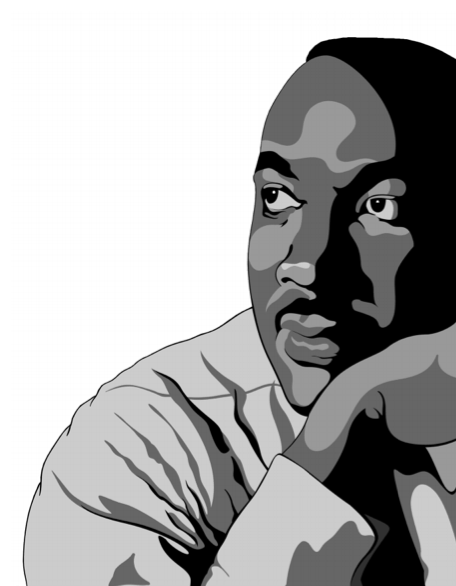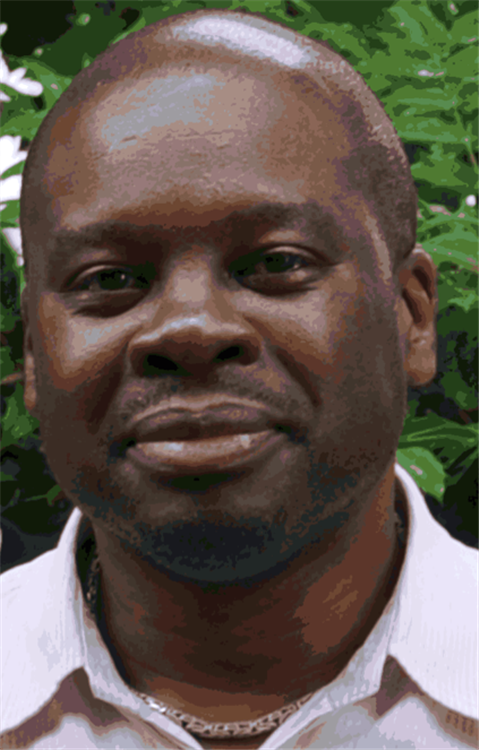It is now half a century since Martin Luther King stood on the steps of the Lincoln Memorial in Washington DC and said "I have a dream ..."

Seemingly delivered without preparation, possibly prompted by influential gospel singer Mahalia Jackson’s cry: “Tell them about the dream, Martin”, it was without doubt an extraordinary speech. Luther King had previously delivered similar words to the National Association for the Advancement of Coloured People (NAACP), but these words on 28th August 1963 came from another place, an unexpected place, somewhere very deep in the human spirit.
At the time of the speech, America’s social context was grim. Both North and South America were marred by division of the very worst kind, legalised segregation endorsed by the law of the land. Concessions from those in power seemed improbable, and most blacks were firmly locked in poverty not of their own making. Any prospect of ‘overcoming’ such herculean obstacles seemed a million miles away; but for Luther King, founder of the Southern Christian Leadership Conference, which had organised civil rights activities throughout the United States, ‘overcoming’ had never left the agenda.
In August 1963 he led the great march on Washington, and there he delivered this memorable speech in front of 250,000 people. In that setting, laden as it was with historical significance, the cry for freedom was issued in earnest. The quest for justice moved up a gear; to overcome the horror of racism was King’s fundamental message.
“In a sense we have come to our nation’s capital to cash a check," he said. "When the architects of our republic wrote the magnificent words of the Constitution and the Declaration of Independence, they were signing a promissory note to which every American was to fall heir. This note was a promise that all men would be guaranteed the inalienable rights of life, liberty and the pursuit of justice.”
Justice was at the very heart of this speech; racial justice at its core. To the thousands that stood and listened, including Mahalia Jackson and the million or so who heard it broadcast on their televisions, the message was unambiguous: ‘Let our people go!’
No one can question the rhetorical brilliance of this extraordinary speech; its content is without parallel. Its impact, however, need not be over, if only our own local churches will continue to give themselves to its core values.
For King, the local church was always the community called to action justice, to be the prophetic voice. King regarded the local church as "the chief moral guardian of the community," by nature and definition an ethical community. King argued that the church must assume the leadership in setting and advancing the highest standards of both personal and social morality. In his Dream Speech, King urged the church to be in the vanguard of America’s consciousness, around issues of racial discrimination, economic exploitation and violence; bringing God to those who live with racism and its enduring legacy, King enabled the church to become the conscience of the community, nation and state.

In his latter years, King's speeches had broadened to embrace not only racism, but also gender and economic violence. King’s ultimate dream was for the church to broaden its horizons ever wider: to challenge the status quo and to break the mores whenever necessary.